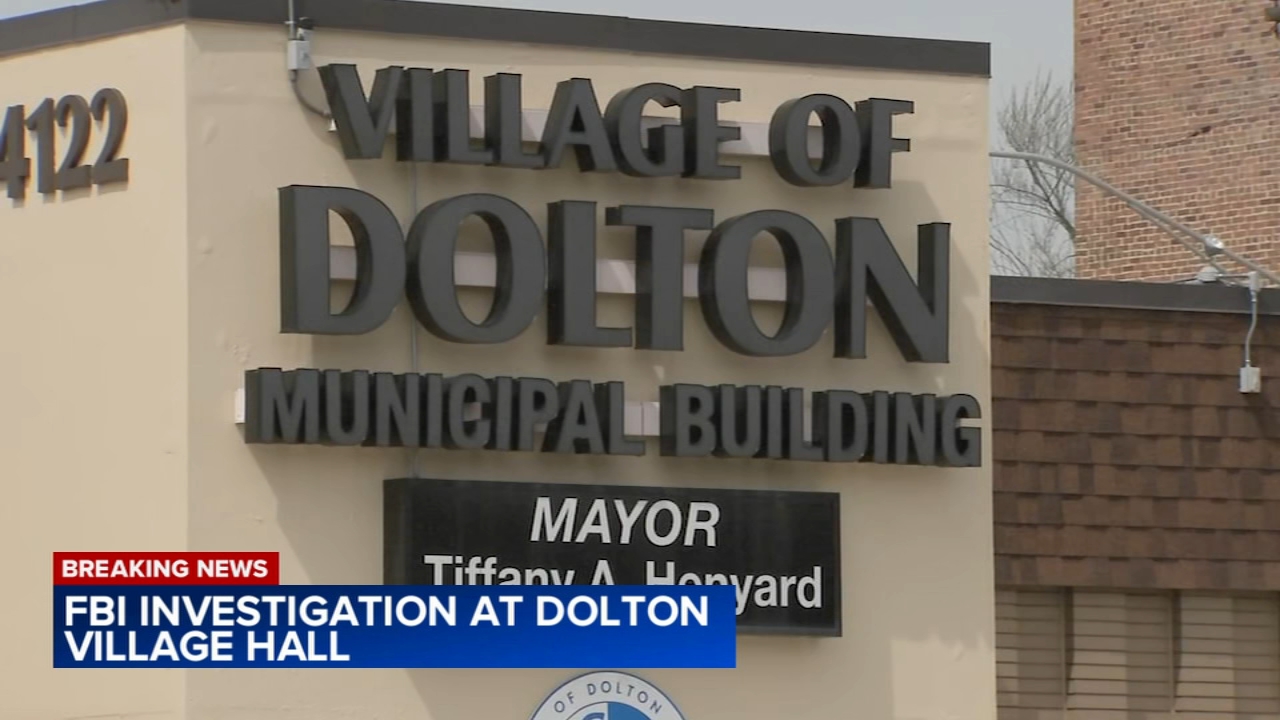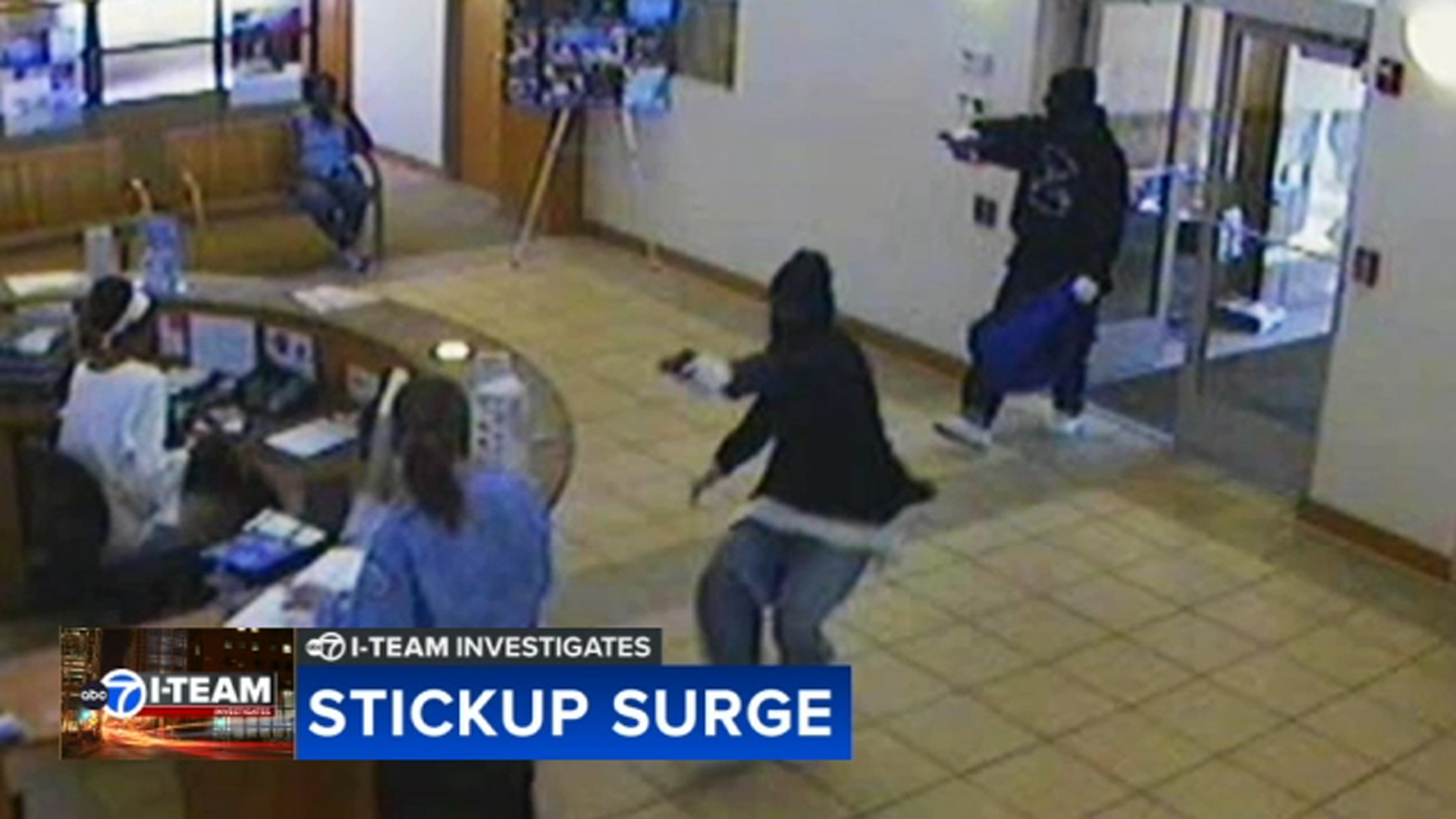Chicago could require pharmaceutical reps to be licensed to fight drug abuse

CHICAGO (WLS) -- Chicago could soon be home to some of the toughest requirements in the nation for pharmaceutical representatives. The goal is to increase accountability and help stop the abuse of heroin and opioids.
If the mayor gets his way, Chicago could become one of the few cities in the nation to change the way pharmaceutical sales reps do business by requiring them to have a special license.
The proposed regulation is the latest effort by the city to fight the opioid and heroin epidemic in the Chicago area.
Sabinan Hodzic said it all started with pain pills after being in a horrible car accident.
"My tolerance grew so high so fast to the pain medication I transitioned to using heroin," Hodzic, a recovering addict, said.
The 21-year-old North Sider is part of the reason why Mayor Rahm Emanuel wants a special license for pharmaceutical sales reps doing business in Chicago.
"Who's pushing what to who and what are they doing with it?" the mayor said.
The mayor announced the tough new rules at a regional summit to address the heroin and opioid crisis.
"Fourteen billion opioid pills means pharma is producing enough opioids so that every adult in America has a one month prescription of opioids," U.S. Senator Dick Durbin, (D) Illinois, said.
If approved, pharma reps would be required to-among other things-disclose the drugs they're pitching and to which doctors and get additional prescription abuse, ethics and marketing training certified by the city.
The license would probably cost around $750 a year and bring in an estimated $1 million to support local addiction treatment programs.
According to Chicago and Cook County officials, since 2001, overdose deaths from prescription opioids has tripled and heroin deaths have risen sixth fold.
And so far, this year, there have already been 344 deaths due to heroin. In 2015, there were 335 heroin deaths.
Meanwhile, Hodzic remains on the road to recovery.
"If there was a restriction on how many I could have gotten and how they were distributed to me, I think it would have never ended up in the position I was in," Hodzic said.
Industry group, the Pharmaceutical Research and Manufacturers of America could not be reached for comment.
The ordinance which the city expects to introduce next month is similar to the one Washington D.C. put in place eight years ago to help fight opioid addiction.
Two years ago, the city filed suit in Cook County Circuit Court against five large drug makers, accusing them of marketing certain opioids as rarely addictive.
Industry group, the Pharmaceutical Research and Manufacturers of America released a comment saying:
"PhRMA has not yet had the opportunity to review the details of this specific proposal, so we cannot comment on its substance. Industry interactions with healthcare professionals, however, are already extensively regulated by the U.S. Food and Drug Administration. Patchwork local and state initiatives are likely to disrupt the existing federal regulation of important scientific information that benefits both providers and patients."









